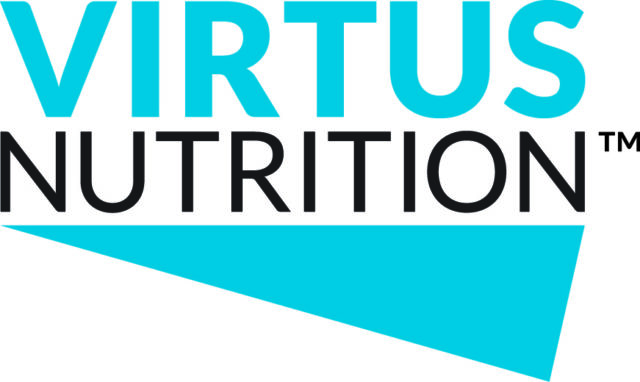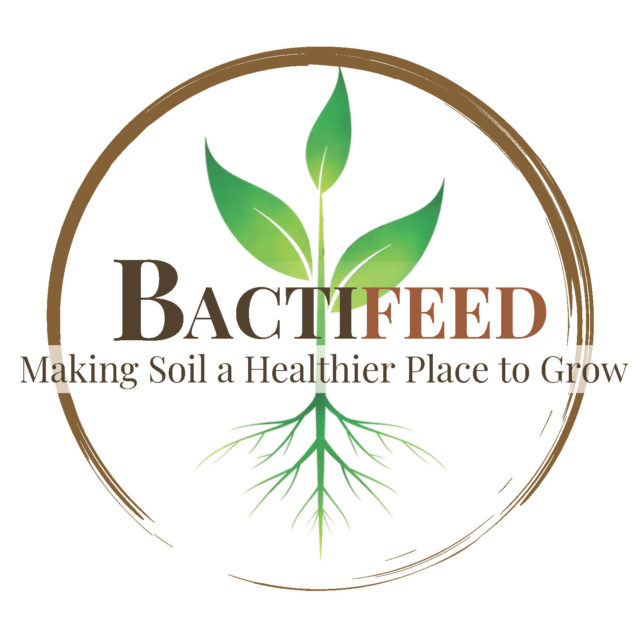Proposed changes to U.S. tax law may affect only a few dairies, at least until milk prices rebound into profitable territory. Dairy industry accountants mostly agree that the components of a bill that is currently being reconciled by Congress will be “tax neutral” as it relates to any dairy operation income. It’s also unlikely the current discussion about tax revisions, if signed into law, will provide any significant changes to current year (2017) tax filings.
How will the proposed tax reform bill of 2017 affect dairy?
As the bill stands, estate taxes could be the biggest change for dairies. Also, specialized business credits for milk production and processing activities may go away. If a dairy’s tax bracket changes, farmers will see a difference in their income taxes. More details are provided below.
Estate tax
The most beneficial tax provision for dairies being discussed in Congress is a change in estate taxes. A dairy owner can currently exempt $5.49 million per individual. That amount would double to at least $11 million per individual, if tax reform were to pass. The House version of the tax bill would repeal estate taxes altogether after 2024.
“Currently, estate taxes could be the biggest thing to change,” says Mark Brady, an accountant with CooperNorman in Twin Falls, Idaho. “We’re encouraging clients to continue with estate planning because we think there is good value in that arena at the time being.”
Section 199 or ‘DPAD’
Current tax law provides for some deductions related to income from manufacturing and production industries. These are specialized business credits, and milk production and processing activities have qualified for these deductions in the past. The section of current tax code that defines what activities and how much of them can be deducted are found in Section 199. These deductions are known as domestic production activities deductions or DPAD. Cooperatives can claim the deduction and pass it on to their members.
If tax reform is enacted, these special provisions are scheduled to go away.
“If you didn’t have income on your dairy and you weren’t part of a co-op, you weren’t getting anything out of it anyway,” Brady says. “Those that were part of a co-op were getting value from it through their co-op. Also, they have the chance of losing some portion of a deduction, if their co-op was passing along that deduction instead of taking it. I would say that’s going to affect a few, rather than many.”
Read follow-up article: Weekly Digest: Co-ops, members gain final tax reform nod
Income taxes
Tax reform overall proposes to double the standard deductions available to individual and joint filers, potentially consolidate some tax brackets and lower individual tax rates. These provisions could help dairy owners whose families realize income taxes from off-farm income.
Pass-through rates for income from partnership dairy businesses could also be lower. This could one day help dairies, for example, in extreme peak milk price years.
“For those dairymen that are paying tax, I think there is some beneficial reform in these proposals. For those who are not paying tax, none of the changes are really affecting them,” says Angela Blaylock, a tax partner with Frazer LLP in Visalia, California.
The biggest change for those paying tax is the possible rate deduction on pass-through income.
“Currently, the tax rate on pass-through income is based on individual income tax rates, and this rate can be as high as 39.6 percent,” Blaylock says. “The Tax Cut and Jobs Act would lower the tax rate on business income to 25 percent. So, those dairies that do pay taxes could greatly benefit from the proposed pass-through provision. There is a possibility they could get a big chunk of their income taxed at that 25 percent rate rather than at 39.6 percent.”
Net operating loss carryover, a tax provision that widely benefits agricultural operations, will be permitted to continue, at least at 80 percent of income. The House proposal would permit them to be carried forward at 90 percent of income. Because of this tax provision, most dairies can, and do, defer expenses to avoid realizing taxes.
“If all dairy farmers were getting $20 per hundredweight or more, then the pass-through rate would be a huge tax savings. It might likely get dairymen to realize more taxable income than what they do now,” says Gary Genske, an accountant and partner in Genske Mulder and Company in Costa Mesa, California. “Only the top 5 to 10 percent of dairies have to worry about income tax much at all; even most of them still have plenty of capacity to defer income. And, because profitability has been so low over the past several years, most farmers still have the ability to continue to defer income.”
Income first, then taxes
All the accountants interviewed for this article agreed that all of the proposed tax changes are a moot point if dairies aren’t realizing significant gains. This is the present situation for most dairy farmers.
“Based on current markets, we anticipate the impact of tax reform to be small, from an income tax perspective,” Brady says.
Genske says taxes aren’t a dairy owner’s number one concern heading into 2018.
“You have to first worry about making a profit before worrying about the tax fallout from doing so,” Genske says. “The vast majority of farmers in the U.S. are not receiving a sustainable milk price, so income taxes are probably one of the last things on their mind. There are provisions in the tax law proposals that will ultimately help dairy farmers when farms are profitable.” ![]()
PHOTO: United States capitol. Photo courtesy of Getty Images.

-
Walt Cooley
- Editor-in-chief
- Progressive Dairyman
- Email Walt Cooley





